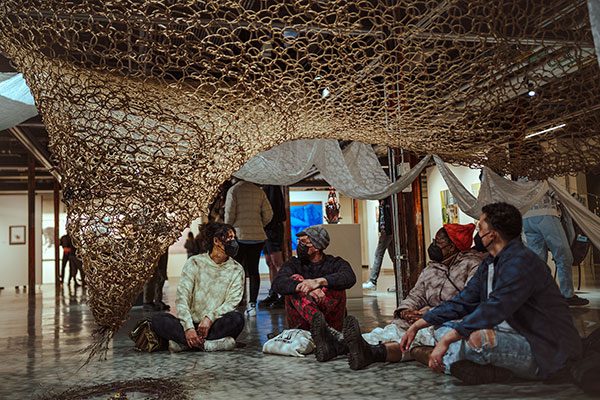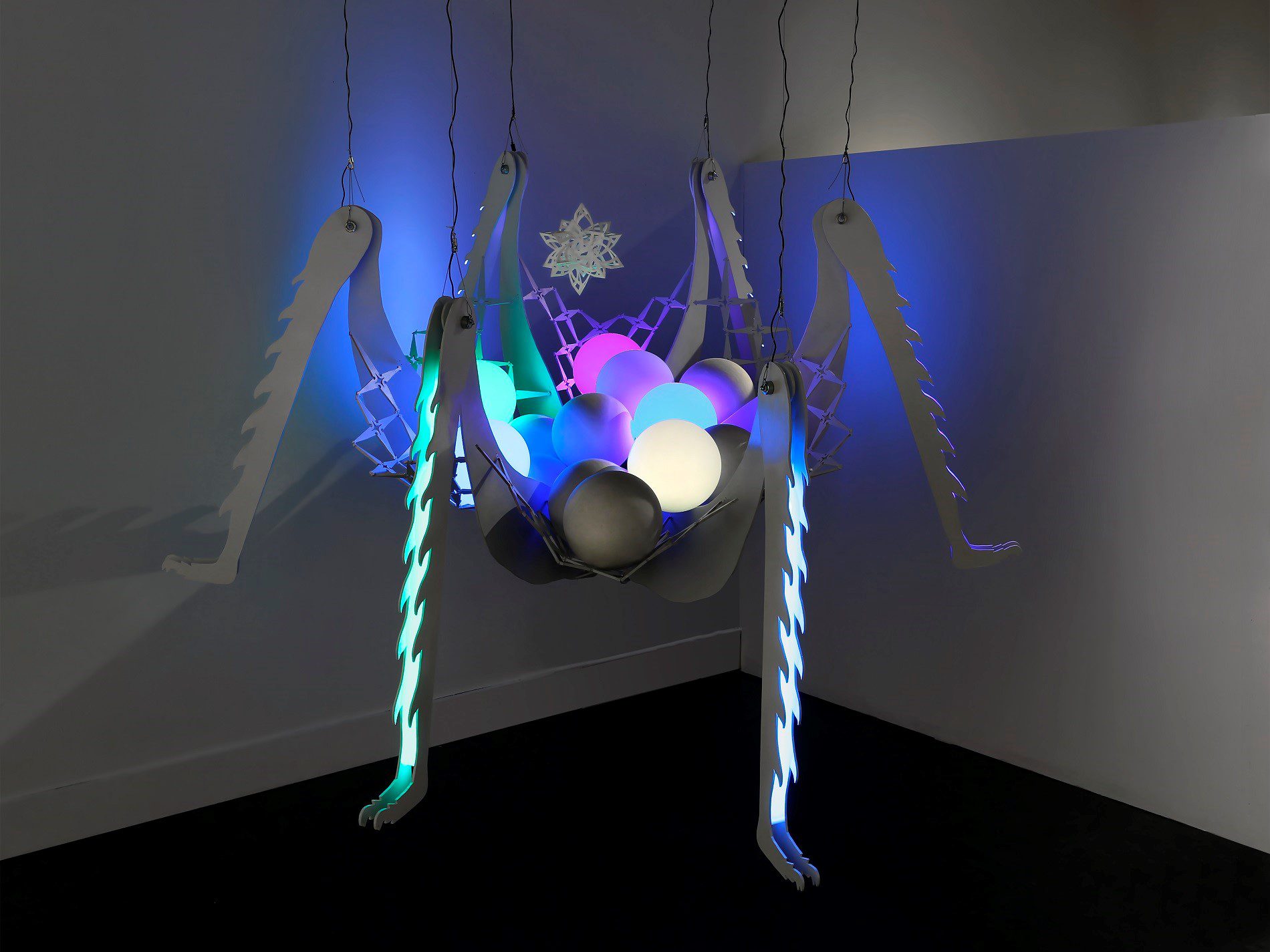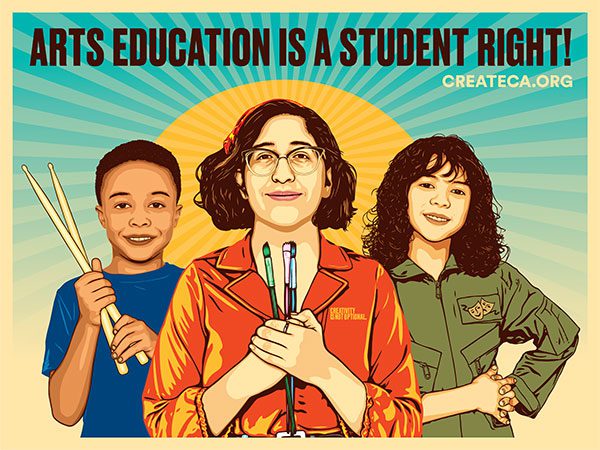
Seattle enjoys a high standard of living and is a hub for innovation and creativity; yet racial disparities persist in our region. According to 2010 Census data, Seattle’s population is predominantly white (69.5%), with people of color accounting for just under a third of the total population. The City of Seattle has worked for years to eliminate overt racist policies and practices in housing, employment, and other areas; however people of color in our community continue to be impacted by systemic race-based inequities.
 This is why the Seattle Office of Arts & Culture, in conjunction with the Office for Civil Rights (SOCR), is offering arts and cultural organizations the tools they need to begin to eliminate institutional racism and build racial equity through the learning cohorts Turning Commitment into Action. Part of the Community Institute for Racial Equity, these learning cohorts – there will be three of the same curriculum offered in 2015 – include intensive training on skills to address perceived and actual barriers to racial equity within arts and cultural organizations and the sector as a whole. The goal of these cohorts is to help arts and cultural organizations create realistic racial equity action plans.
This is why the Seattle Office of Arts & Culture, in conjunction with the Office for Civil Rights (SOCR), is offering arts and cultural organizations the tools they need to begin to eliminate institutional racism and build racial equity through the learning cohorts Turning Commitment into Action. Part of the Community Institute for Racial Equity, these learning cohorts – there will be three of the same curriculum offered in 2015 – include intensive training on skills to address perceived and actual barriers to racial equity within arts and cultural organizations and the sector as a whole. The goal of these cohorts is to help arts and cultural organizations create realistic racial equity action plans.
“Our Office works hard to ensure that Seattle’s arts and culture sector thrives, but that is only possible if the arts scene represents, is relevant to, and includes all those who live, work, and visit the city,” says Kathy Hsieh, Cultural Partnerships and Funding Manager. “While none of us created the structural racism that exists, we can all play a role in dismantling it, but first, we need to understand what’s holding it in place and learn how we can be change agents in this work.”
The first Turning Commitment into Action cohort began in May and included 35 participants from 12 organizations: Artist Trust, Cornish College of the Arts, Densho, EMP Museum, Frye Art Museum, Office of Arts & Culture, On the Boards, Pratt Fine Arts Center, The Greater Seattle Bureau of Fearless Ideas, Youth in Focus, Seattle Opera and Intiman.
“Since racial inequity is woven into many aspects of our society, we all need to make conscious efforts to overcome it in our own lives, including in the work we do,” says Natasha Varner at Densho. “This training is giving me and my organization concrete tools for identifying racial inequity, working to move beyond it in constructive ways, and being better allies for communities of color.”
“As the director of my organization I believe it is necessary for me to better understand racial equity, the barriers that currently exist in my organization, and how I can best lead us through a process of change,” states Sarah Wilke, Director of On the Boards “I believe this is important enough that it requires me to step out of my day-to-day responsibilities and personally explore the issue.”
Registration for the first cohort filled quickly, demonstrating the desire of so many arts and culture organizations to actively work toward racial equity. To meet demand, this will become an ongoing program: a second cohort will begin this summer and a third this fall. For more information or to register visit Turning Commitment into Action.
To create change, institutions and groups in our community – government, businesses, non-profits, schools, faith-based, parent, youth and neighborhood groups and more – need to work together and share a similar sense of urgency. The arts and cultural community has key roles to play in advancing racial equity within its organizations, and through partnerships, programs, and works of art. Only by joining together in a broad partnership with common goals and strategies can we hope to realize racial equity in arts and culture, as well as in jobs, education, health, development, housing, criminal justice, the environment and philanthropy.
Photo credit: Youth Space Summit, courtesy the Office of Arts & Culture


